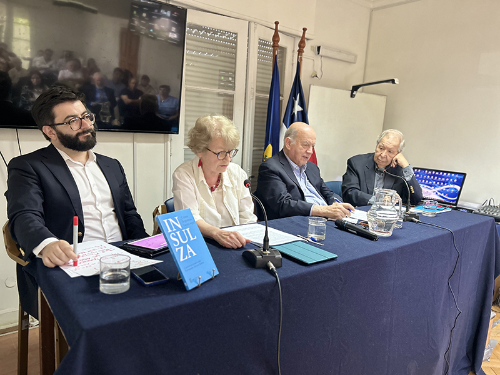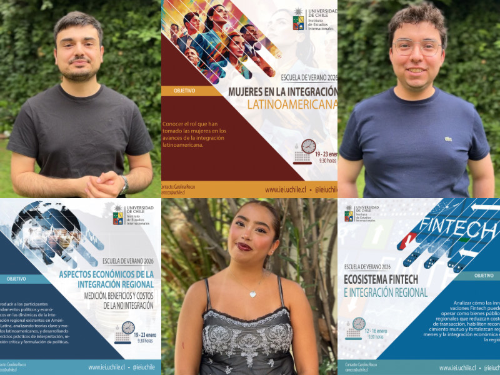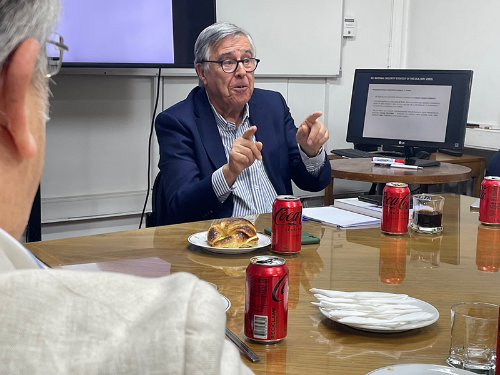In an era of growing US-China competition, how is China engaging with some other parts of the world, and how are its actions being received in various countries? This summer, I had the opportunity to intern with the Institute of International Studies at the University of Chile and investigate this question.
I have always sought to live, work and immerse myself in the cultures of new, unfamiliar parts of the world, having experienced first-hand the transformative and consciousness-raising impact that doing so can have on a person. And so, when I received an e-mail about the Chile-ASEAN Internship Program back in September 2020, I did not hesitate to register for the webinar about the same and learn more about different types of Chilean organizations I might intern with. After registering for an interview, I explained my background and interests (specifically: trade and diplomacy between Latin American and Asian countries) to the program coordinators, Pía Briceño and Rodrigo García. Over the next few months, they searched for organizations that would be interested in having me and eventually found one – the Institute of International Studies at the University of Chile, a prominent institution in the country.
At my first meeting with Professor Andrés Bórquez (12 time zones away), we discussed the topics related to Asian powers’ growing engagement with Latin America that I could focus on, including the provision of Covid-19 vaccines, disputes involving Chinese fishing vessels in South American countries’ exclusive economic zones and investment in energy. I decided to focus on the fishing topic, seeing that there was a lot of information available on this topic and it was related to other major interests of mine, such as sovereignty, public opinion, international law and diplomacy. I designed a study to analyze how fishing disputes involving China and Ecuador, Perú, Chile and Argentina are reported in the media of those countries compared with Western and Chinese media. I placed this study in the context of US-China competition and rising Chinese economic and political engagement with the region. I worked with research methods I had learned about in the core classes of the MIA degree, including content analysis and sentiment analysis. The study involved collecting hundreds of articles from Chinese, Latin American and Anglo-Saxon Western media and analyzing how they report on incidents involving Chinese fishing vessels, what topics they cover and what context they place such incidents and topics in.
As I worked on the project, I got a taste of conducting research in international affairs. This kind of research work can feel tedious and repetitive, but you learn to work independently and gain a deeper understanding of how different methods are applied and how your approach could be adjusted to make your findings more reliable and convincing. I am now more confident to investigate pressing questions as I seek to understand shifting power dynamics and its interaction with local politics around the world.
Professor Bórquez and I are now working to upgrade the final paper so that it could be published in a journal. While I unfortunately couldn’t be physically in Chile for the internship, I nevertheless have learned a lot about and become fascinated with a country and region on the other side of the world, as I read numerous papers and articles about Chinese engagement with Latin American countries and how it is affected by such countries’ internal politics as well as their relations with other major powers. I even learned a little bit of Spanish! I am excited to continue studying and engaging with Latin America.
I am thankful to Professor Bórquez for his guidance and patience throughout the project, as well as Pía and Rodrigo for organizing this amazing opportunity!





